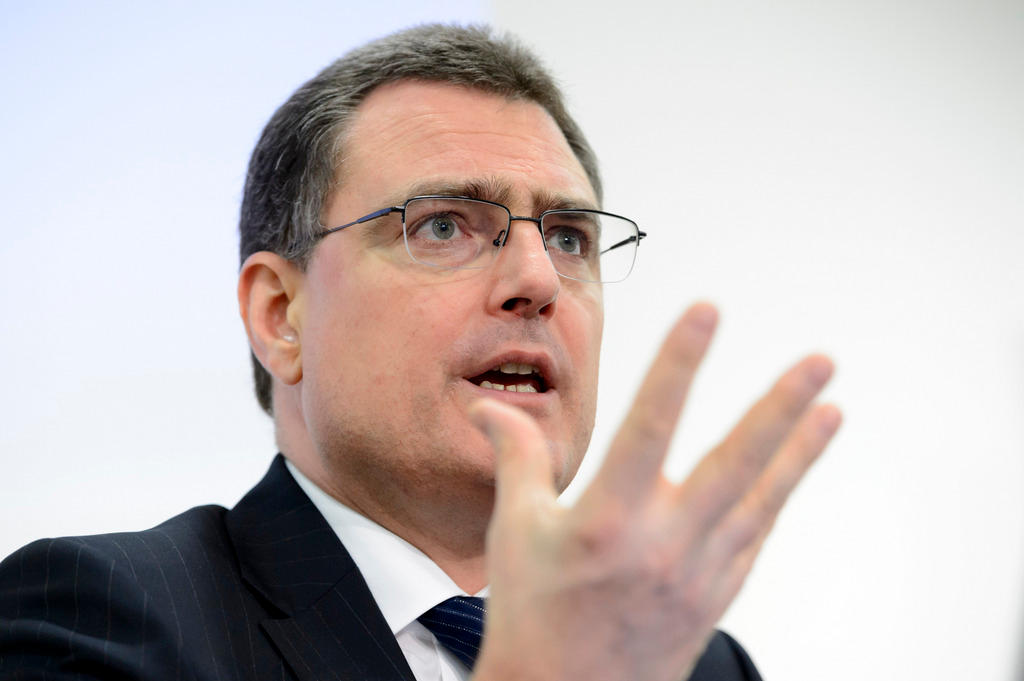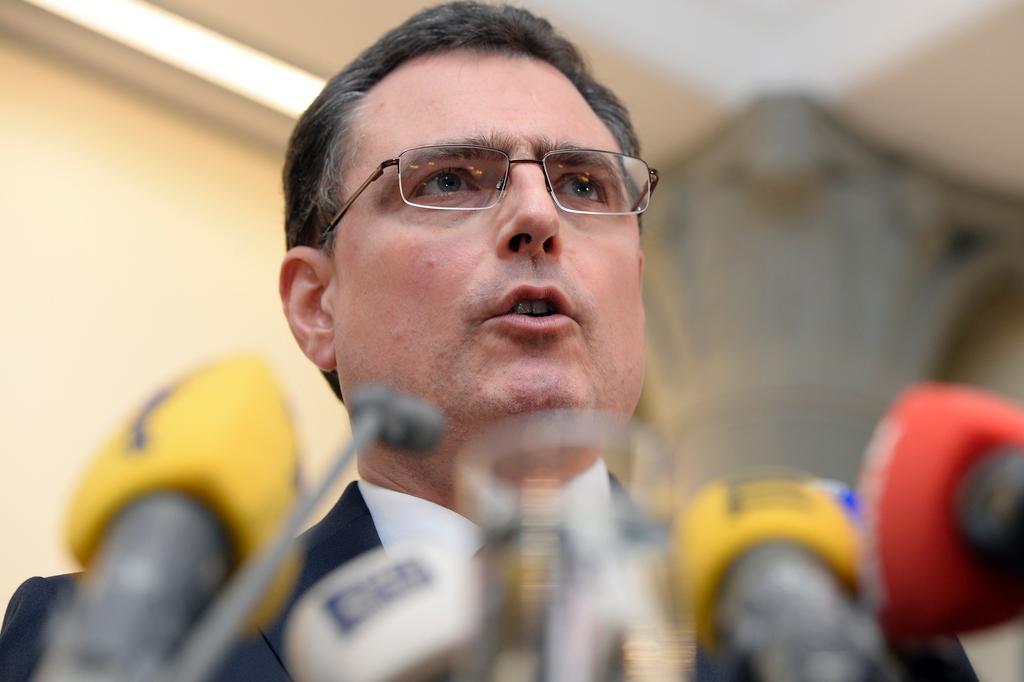SNB dismisses ‘politically motivated’ reforms

The Swiss National Bank (SNB) has rejected two proposals, calling for the establishment of a sovereign wealth fund and for a change in money printing policy, which would turn the independent central bank into a “political football”.
At its annual general meeting on Friday, the SNB also dismissed separate plans to expand its governing beyond its current three members and to extend its mandate into stabilising employment and exchange rates.
The raft of reform proposals were sparked by the SNB’s failed attempt to peg the franc to the euro from September 2011. This experiment abruptly ended on January 15, 2015, leading to a rapid overvaluation of the franc and major problems for the export and tourism industry.
However, the proposed changes would compromise the independence of the central bank, expose it to political manipulation and destroy its ability to control inflation, SNB chiefs said.
SNB chairman Thomas Jordan shot down the aims of a plan to create a sovereign wealth fund as unworkable. He pointed out that, unlike Norway, Switzerland does not have a steady flow of natural resources revenues to fill a sovereign wealth fund. Instead it would contain fluctuating foreign exchange reserves that do not “create real value”.
He also rejected the notion that a sovereign wealth fund would conduct monetary policy any better than the SNB does at present.
Independence test
A people’s initiative, that would force the SNB to underwrite household and business bank deposits and distribute the money it prints directly to citizens, would create a dangerous and untested precedent among central banking models, Thomas added.
“The SNB would become a political football and the fulfilment of our mandate would be hampered,” he told shareholders (mainly made up of cantons and cantonal banks).
Jean Studer, President of the Bank Council that oversees the SNB, rejected plans to increase the size of the executive board. This could damage the SNB’s independence because “interest groups might be tempted to place their ‘people’ on it,” he said.
Studer also argued that “the exchange of thoughts and arguments would decline in quality, and monetary policy would ultimately suffer,” if the SNB copies other central banks by publishing the minutes of monetary policy meetings.
And he poured cold water on the proposal of making the SNB responsible for employment and exchange rate stability, in addition to its current mandate of price stability. Such parameters often clash in periods of high volatility, Studer said.
“Would it not be wonderful if we could guarantee full employment and stable exchange rates in our country in this way? However, such an undertaking would inevitably fail dismally in the real world,” he said.
In 2014, voters turned down another people’s initiative that called on the SNB to maintain minimum gold reserves.

In compliance with the JTI standards
More: SWI swissinfo.ch certified by the Journalism Trust Initiative




You can find an overview of ongoing debates with our journalists here. Please join us!
If you want to start a conversation about a topic raised in this article or want to report factual errors, email us at english@swissinfo.ch.